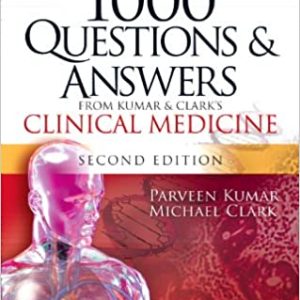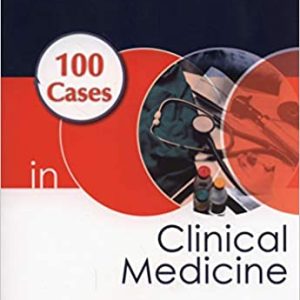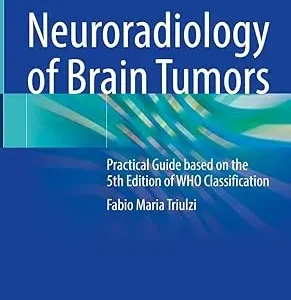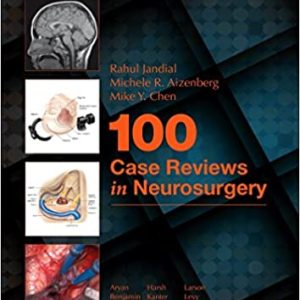Description
*”Critical Care and Hospitalist Medicine Made Ridiculously Simple”* is a book that aims to simplify complex topics related to critical care and hospital medicine, making them accessible and easy to understand for medical students, residents, and healthcare professionals. It follows a format that distills the most important concepts into clear, concise explanations and often uses humor and mnemonics to make learning easier.
While I can’t provide verbatim excerpts, I can summarize key concepts and important points typically covered in such books:
### Key Concepts in Critical Care and Hospitalist Medicine
1. **Approach to the Critically Ill Patient**:
– **ABCDE Approach**: This is the cornerstone of critical care. It stands for Airway, Breathing, Circulation, Disability (neurological), and Exposure (for signs of systemic illness).
– Prioritize life-threatening issues in order to stabilize the patient.
– Always consider **ABCDE** in a systematic way, addressing each area before moving on to the next.
2. **Shock**:
– Shock is a state of inadequate tissue perfusion, leading to cellular injury.
– Types of shock: **Hypovolemic, Cardiogenic, Distributive, Obstructive, and Neurogenic**.
– Treatment often involves identifying the underlying cause and restoring circulatory volume (for hypovolemic shock), improving cardiac output (for cardiogenic shock), or addressing vasodilation or obstruction (for distributive and obstructive shock).
3. **Respiratory Failure**:
– Respiratory failure occurs when the respiratory system fails to maintain oxygenation or carbon dioxide clearance.
– **Type 1 Respiratory Failure** (hypoxemic): low PaO2, normal or low PaCO2.
– **Type 2 Respiratory Failure** (hypercapnic): high PaCO2, low PaO2.
– Management may include supplemental oxygen, mechanical ventilation, or addressing the underlying cause (e.g., pneumonia, ARDS, COPD exacerbation).
4. **Sepsis**:
– A life-threatening organ dysfunction due to infection. The **SOFA score** (Sequential Organ Failure Assessment) is often used to quantify the severity of sepsis.
– Early recognition and intervention are key: **Early goal-directed therapy** (EGDT) was traditionally recommended, but recent guidelines emphasize fluid resuscitation, broad-spectrum antibiotics, and source control within the first hours.
5. **Acute Respiratory Distress Syndrome (ARDS)**:
– A severe inflammatory response in the lungs caused by a variety of factors (e.g., trauma, infection, aspiration).
– Characterized by hypoxemia, bilateral pulmonary infiltrates, and non-cardiogenic pulmonary edema.
– Management includes mechanical ventilation with low tidal volumes, PEEP (positive end-expiratory pressure), and prone positioning.
6. **Acute Kidney Injury (AKI)**:
– Sudden decrease in kidney function characterized by an increase in serum creatinine or reduction in urine output.
– Causes include prerenal (decreased perfusion), intrinsic (damage to the kidney), and postrenal (obstruction).
– Treatment involves identifying and addressing the underlying cause, as well as managing fluid and electrolyte imbalances.
7. **Common Hospitalist Issues**:
– **Inpatient Care**: Managing a wide variety of conditions, from cardiovascular diseases like heart failure to respiratory conditions like pneumonia.
– **Transition of Care**: Effective discharge planning, ensuring patients understand their treatment plan, and minimizing readmissions.
8. **Clinical Pearls and Mnemonics**:
– Books in the *Made Ridiculously Simple* series are known for using **mnemonics** to make recall easier. Examples might include:
– **”BEARS” for trauma assessment**: Breathing, Exposure, Airway, Resuscitation, Surgery.
– **”CUSHING’S” for causes of increased intracranial pressure**: Cysts, Uremia, Stroke, Hypertension, Infection, Neoplasm, Glycogen storage disease, and Seizures.
### Structure and Learning Approach:
– **Clear Visuals and Diagrams**: Many books in the “Made Ridiculously Simple” series use simple illustrations and charts to explain complex systems.
– **Chunked Information**: The book will break down critical care and hospital medicine topics into digestible “chunks” of information, focusing on the most important aspects of each condition.
– **Simplified Pathophysiology**: The authors often emphasize the basics of pathophysiology without bogging readers down in excessive detail.
– **Real-Life Cases**: Clinical vignettes or case studies may be included to help contextualize information and promote active learning.
### Common Critical Care Conditions:
– **Acute Coronary Syndrome (ACS)**: Includes unstable angina, NSTEMI, and STEMI. Management focuses on early reperfusion, either through pharmacological agents (like antiplatelets or fibrinolytics) or invasive procedures (like PCI).
– **Ventilator Management**: Understanding settings like tidal volume, PEEP, and FiO2, as well as modes of ventilation (e.g., assist-control vs. SIMV).
– **DIC (Disseminated Intravascular Coagulation)**: A pathological process of systemic clotting followed by excessive bleeding. Managed with addressing the underlying condition and, in severe cases, transfusions of clotting factors.
### Summary:
*”Critical Care and Hospitalist Medicine Made Ridiculously Simple”* is designed to distill complex medical knowledge into easy-to-understand concepts that are both practical and clinically relevant. By focusing on the essentials and using mnemonics, case studies, and simplified explanations, the book makes the world of critical care and hospital medicine accessible to learners at all levels. It’s an excellent resource for busy healthcare professionals who need to quickly grasp key concepts in these high-pressure environments.









Reviews
There are no reviews yet.